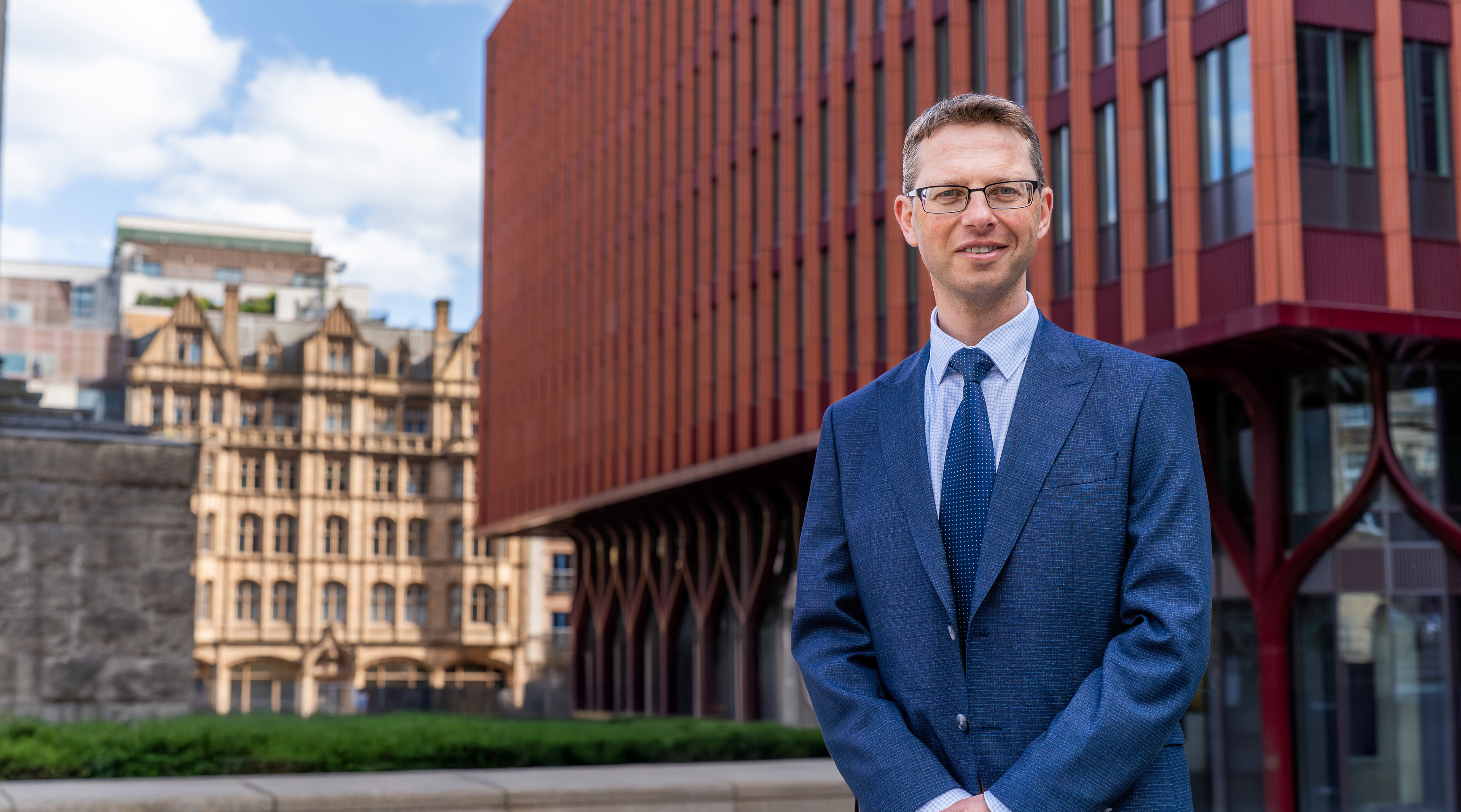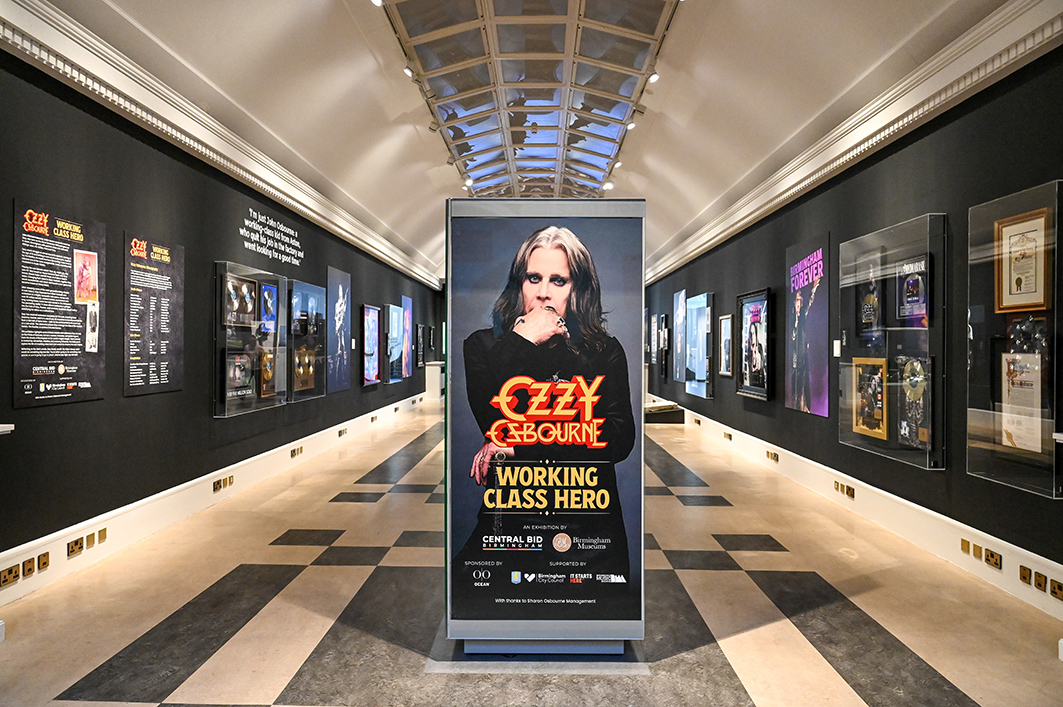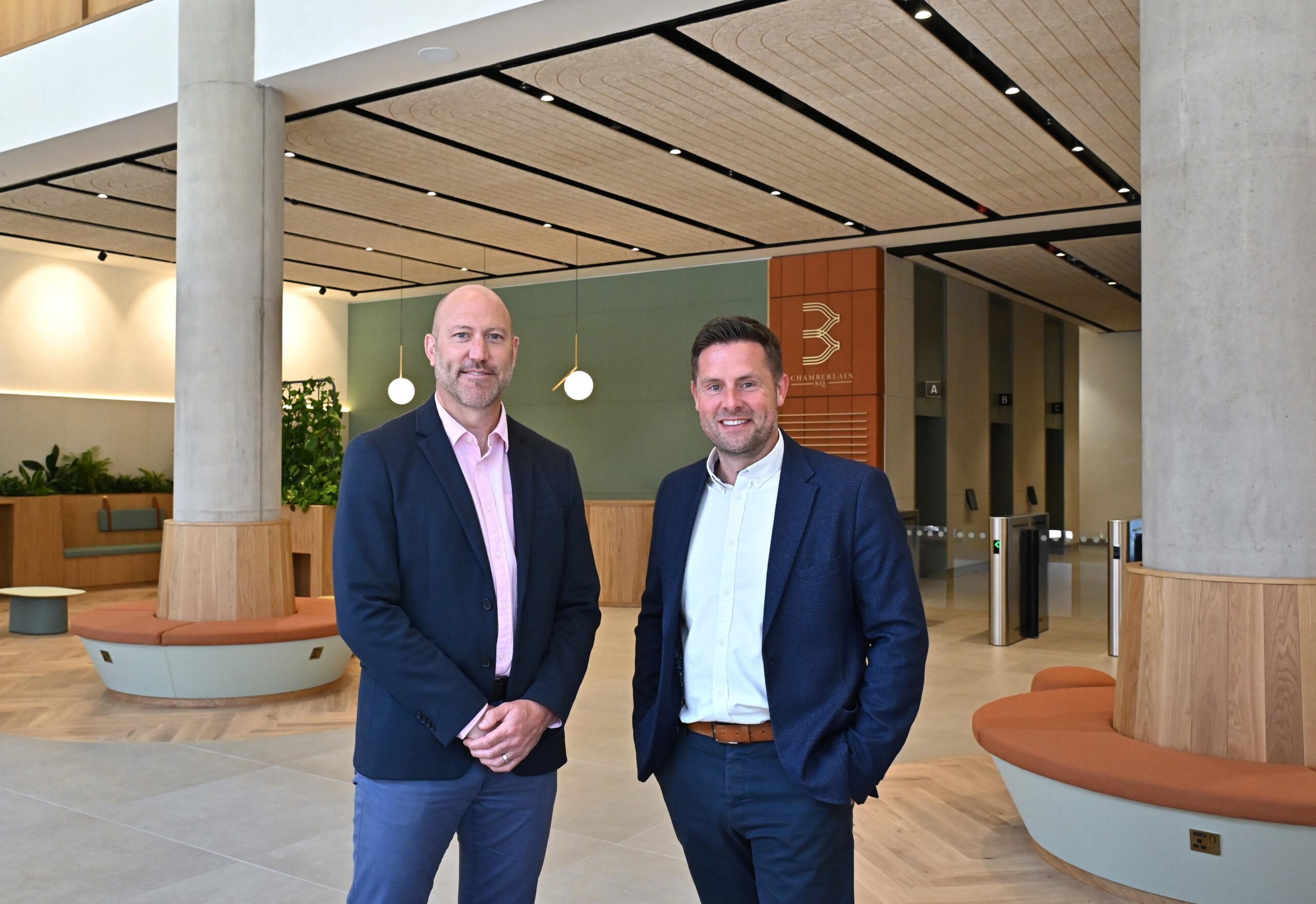Birmingham BIDs launch ambitious manifesto for greening the city
05 April 2022
Birmingham’s city centre Business Improvement Districts (BIDs) are aiming to create an attractive, greener and safer city with an ambitious masterplan for green infrastructure. The Going Green Masterplan takes a strategic approach to greening the city to ensure maximum benefits for businesses and residents including improved air quality, better health and wellbeing, and engaging streetscapes.
A ‘toolkit’ of interventions enables local decision makers to make informed choices about implementing green infrastructure – ‘GI’ – across the city. These scale financially and across ambition from enhancing existing GI such as planters, to installing wildlife ponds, living lamp posts and city scale parks.
For businesses, residents and visitors to the area, the plans will undoubtedly be a welcome announcement, particularly in the context of the post-Covid recovery, with a need to repopulate highstreets and urban centres.
Birmingham’s Colmore and Retail BIDs, which operate in the city core, commissioned UK-based international architects and urban designers Broadway Malyan to create the Masterplan. Working with both BIDs and local stakeholders including Birmingham City University and University of Birmingham,
Broadway Malyan mapped the city’s existing ‘green’ offer. They found the districts to be heavily urbanised, with low quality biodiversity, potential impact on health and wellbeing, and potential issues around flooding, air quality and urban ‘heat island’ effects. Proposals have been developed to demonstrate the benefits of GI to play a significant role in addressing the global challenges of the Covid pandemic, high street decline, EU exit, climate change impacts and citizen health and wellbeing.
The Going Green Masterplan received £50,000 funding from Greater Birmingham and Solihull Local Enterprise Partnership (GBSLEP) as part of the Towns and Local Centres programme. Clean growth is one of GBSLEP’s key strategic delivery themes and this toolkit will encourage the ‘greening’ of the existing built environment.
GBSLEP also manages the Enterprise Zone which spans 39 sites across central Birmingham. The toolkit will be used to inform green development opportunities within the area.
Louise Brooke-Smith, GBSLEP Board Director for Place said: “Creating greener and cleaner places for all of us is not a choice but a priority if we are to help our city-centres reach net zero targets and mitigate the impacts of climate breakdown.
“This work builds upon our partnership with Colmore and Retail BIDs to ensure we help catalyse investment into the city centre. Our ambition is to create places that are greener and a city that is sustainable.
“After two years of intermittent lockdowns, it is really important we do what we can to make spaces welcoming for businesses, workers, visitors and residents. GBSLEP is committed to driving inclusive economic growth and this is another way in which we have used our unique structure of bringing together public, private and academic partners to make a difference. I look forward to seeing the toolkit applied to green infrastructure improvements.”
Michele Wilby, CEO of Colmore BID, said: “Improving sustainability and ‘greening’ the District has been an objective of the BID since its first term. We have delivered a number of improvements to the public realm over the years, including the creation of Church Street Square, Colmore Square, our parklets and more recently, work on Cornwall Street and Colmore Row itself.
“The benefits of greening the City Core are many and varied – from improving environmental issues like air quality and over-heating, to encouraging footfall and dwell time in the area. With the research conducted by our delivery partners, we have been able to develop a greening wish list of the various possibilities that can be implemented. The document is not a list of what we are delivering, but more of what could be delivered across the city with appropriate support.”
Danny Crump, Director of Urbanism at Broadway Malyan, said: “Often we see reports with fantastic recommendations, but which don’t consider the real-life challenges, such as securing funding or planning permission. We wanted the proposals in our masterplan to be as deliverable as possible.
“Birmingham is one of many urban centres across the globe facing huge challenges. The slow Covid-19 recovery still depletes highstreets and city centre life. The impact of the climate crisis is more and more visible, as is the world-wide loss of biodiversity. As urban designers, of huge importance to us is how city centres affect not just people’s health and wellbeing, but their safety and quality of life. If we truly want to have an impact on these shared issues, we can no longer afford to provide blue-sky thinking. We must come up with a clear roadmap for change.
“Creating a Green Infrastructure Masterplan for the City Core provides the unique opportunity to demonstrate the benefits of GI in addressing global challenges, and to reinstate the status of the city centre as a driver of commercial, creative, scientific, political and cultural life that influences way beyond its borders.”
The Going Green Masterplan is available now, for free, at www.colmorebusinessdistrict.com/projects/going-green-masterplan











